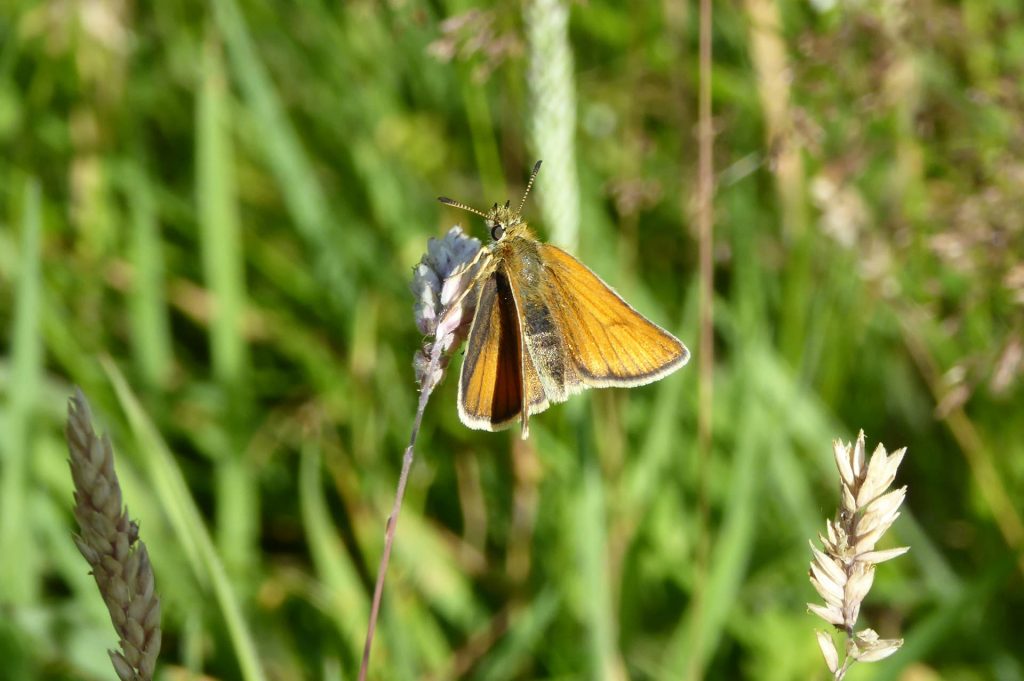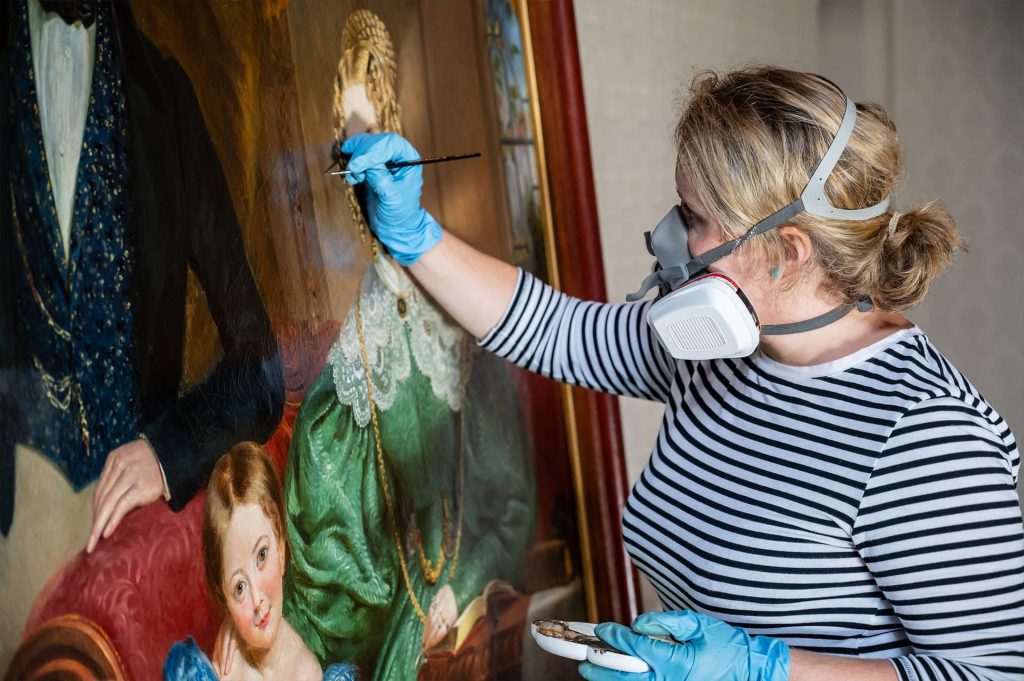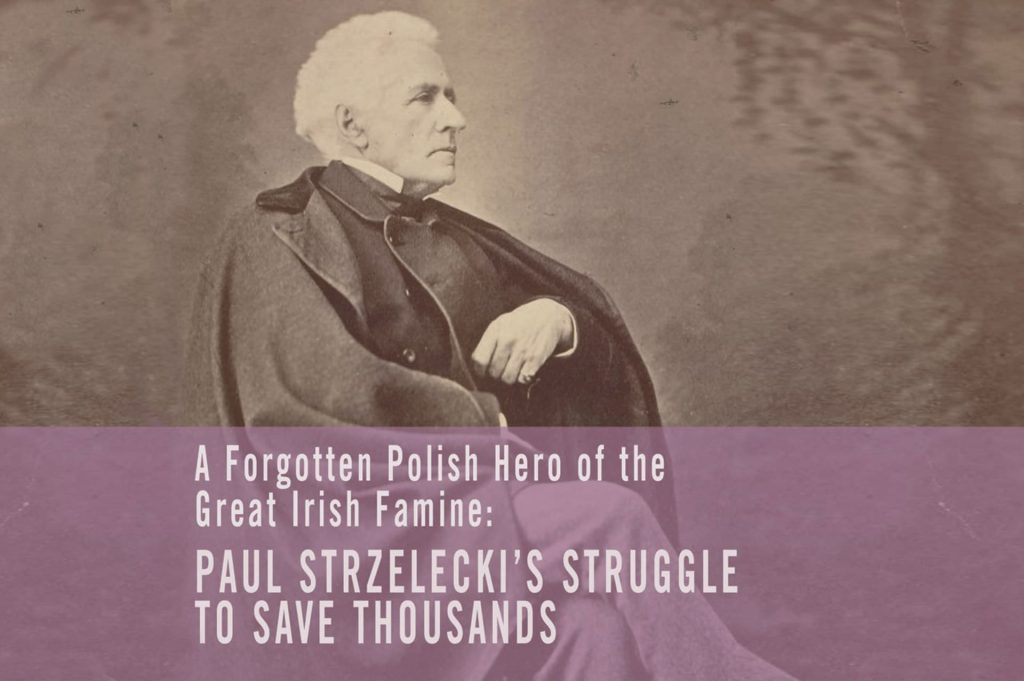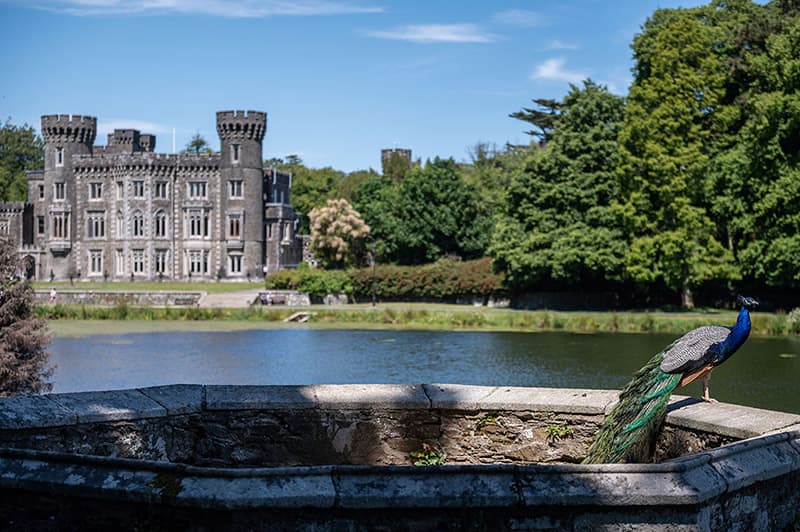The Irish Heritage Trust is delighted to have received two grants from the Heritage Council’s “Community Heritage Grant” for the conservation of two significant archives at its properties, Johnstown Castle, Estate, Museum & Gardens, Wexford and Strokestown Park and the National Famine Museum, Roscommon.
A total of 313 applications were made to the Heritage Council of Ireland for the Community Heritage Grant, and the Trust has been awarded two of the 68 that were successful.
These archive conservation projects are now underway with our dedicated and specialised teams on the ground and we look forward to sharing the progress of this work, as part of the Irish Heritage Trust’s “Conservation in Action” programme.
The Irish Agricultural Museum (IAM) Archive at Johnstown Castle, Wexford, was awarded a grant of €15,000 from the Heritage Council of Ireland to improve the preservation, conservation and access to the Archive which is currently inaccessible to visitors.
The Irish Agricultural Museum Archive is one of Ireland’s great, but little known treasures. The archive holds one of the most comprehensive collections of documentary material related to Irish agricultural machinery in Ireland and offers an invaluable representation of Ireland’s agricultural history and heritage. The primary threat to the archive is the unsatisfactory environmental conditions and fragile state of the rare estate maps, both of which inhibit their positive public use, research and interpretation.
The grant will support upgrading the archive equipment which will greatly facilitate in safeguarding the collection of 6,000 books, a rare collection of 19th-century estate records, maps, and 1,000 agricultural records for future generations. Paper conservation of seven rare estate maps and architectural plans of the Johnstown Castle estate will be carried out by Dr Pat McBride of The Paper Conservation Studio. A new display case will allow the archive, and newly conserved estate records, to be showcased to the public in the Museum for the first time, and for many years to come.
“We look forward to safeguarding the Irish Agricultural Museum archive collection which will significantly help in preserving this rare collection for future generations. The general public will have access to the archive through temporary displays in the Irish Agricultural Museum and we look forward to creating greater visitor engagement with the archive, both locally and nationally. The project will also build awareness and understanding of Irish agricultural history”, says Dr. Emma O’Toole, Collections and Interpretation Manager at the Irish Heritage Trust.
At Strokestown Park, a grant of €8,000 has been awarded for the “Professional conservation of 90 paper leases in the Strokestown Park Archives, as part of the professional cataloguing and preservation of the documents”. The Archive at Strokestown Park is a rare example of an intact Estate Records Collection dating from the late C18th to the mid C20th centuries. In 2019 a professional archivist, Martin Fagan, was appointed to process the collection with the aim of making this resource publicly accessible to researchers.
Conservation work will be carried out by an ICRI accredited conservator, Benjamin van de Wetering of The Ox Bindery. The aim is to make these C18th-C19th leases accessible to the community of historical researchers who will be encouraged to use these newly opened records as a historical source. These will also be interesting for academics, who will extract quantitative data on tenant-occupied land on a typical landed estate prior to the Famine. “This fascinating resource will be of great interest to local or family historians who will find references to tenant names and townlands for a period in Irish history where few census records survive”, said Archivist Martin Fagan who is working on the project. “These C18th-C19th leases, used in conjunction with Estate Rentals and 100 previously-conserved leases, will provide researchers with a unique overview of small-scale landholding on the estate prior to the upheaval and depopulation of The Famine”, he continued.
The National Famine Museum at Strokestown will open as a new state-of–the-art Museum in late 2021 thanks to funding from Fáilte Ireland and private philanthropy. An example of a conserved lease will be displayed in the new museum. www.strokestownpark.ie / www.johnstowncastle.ie
